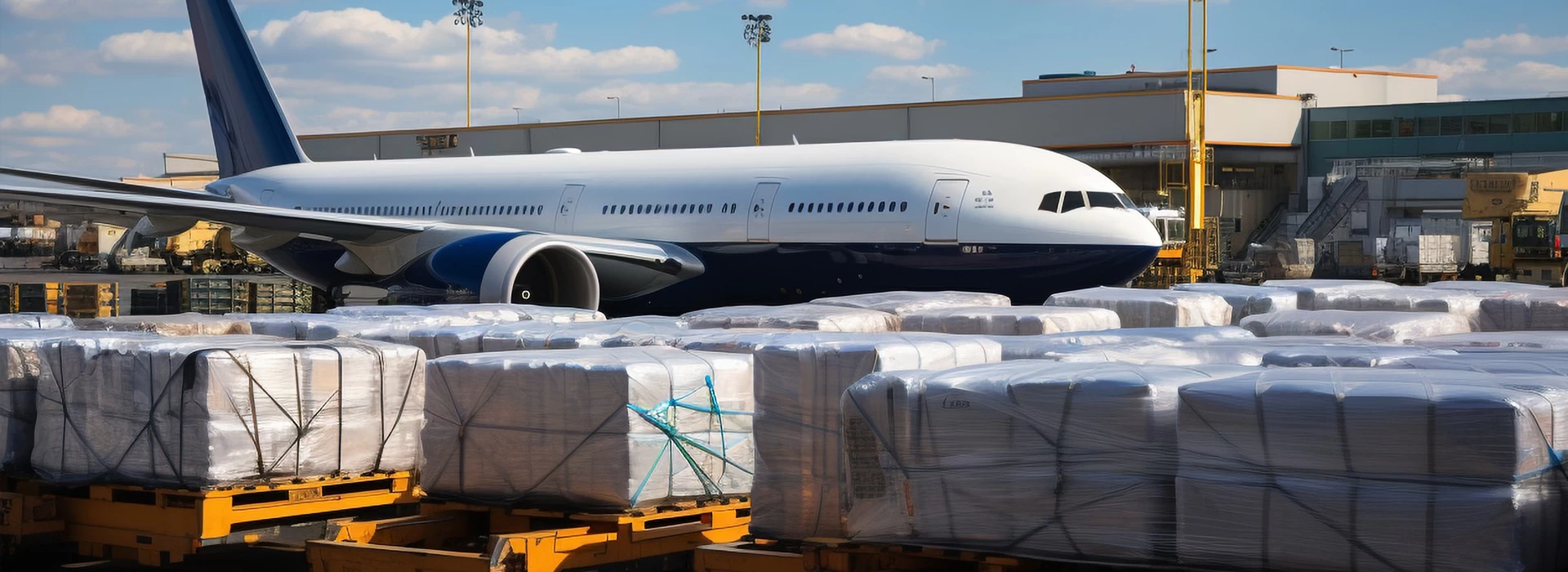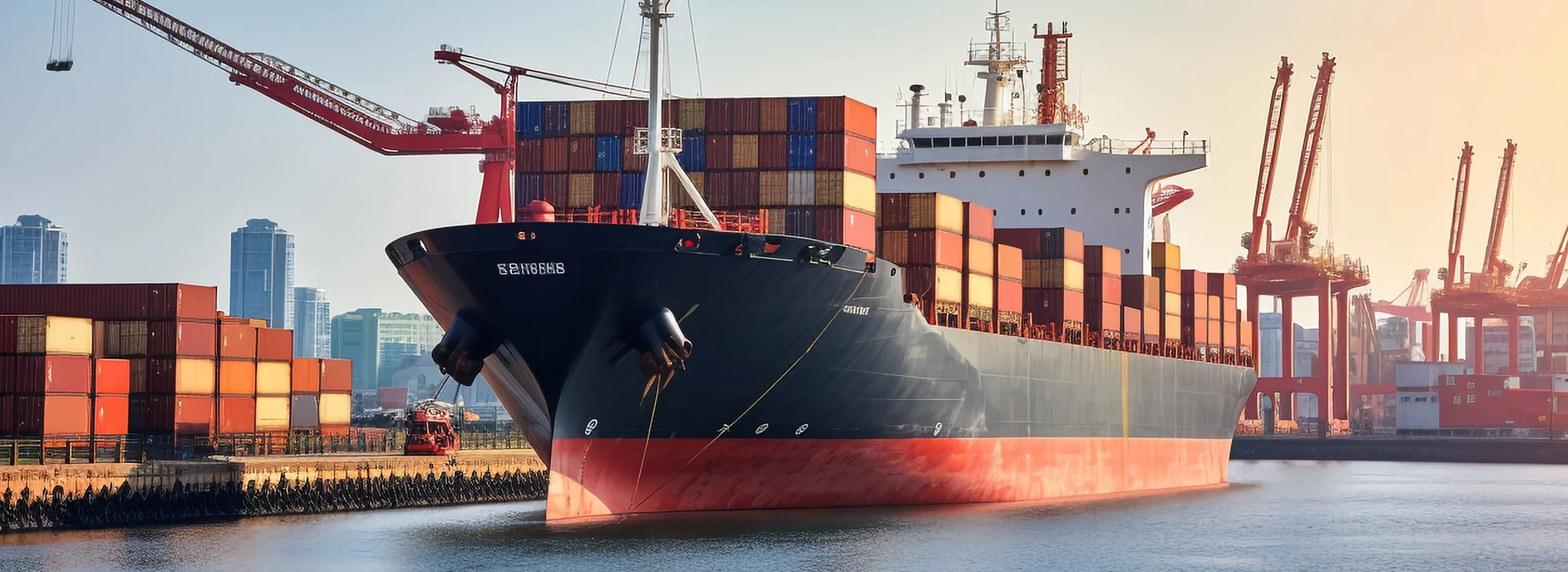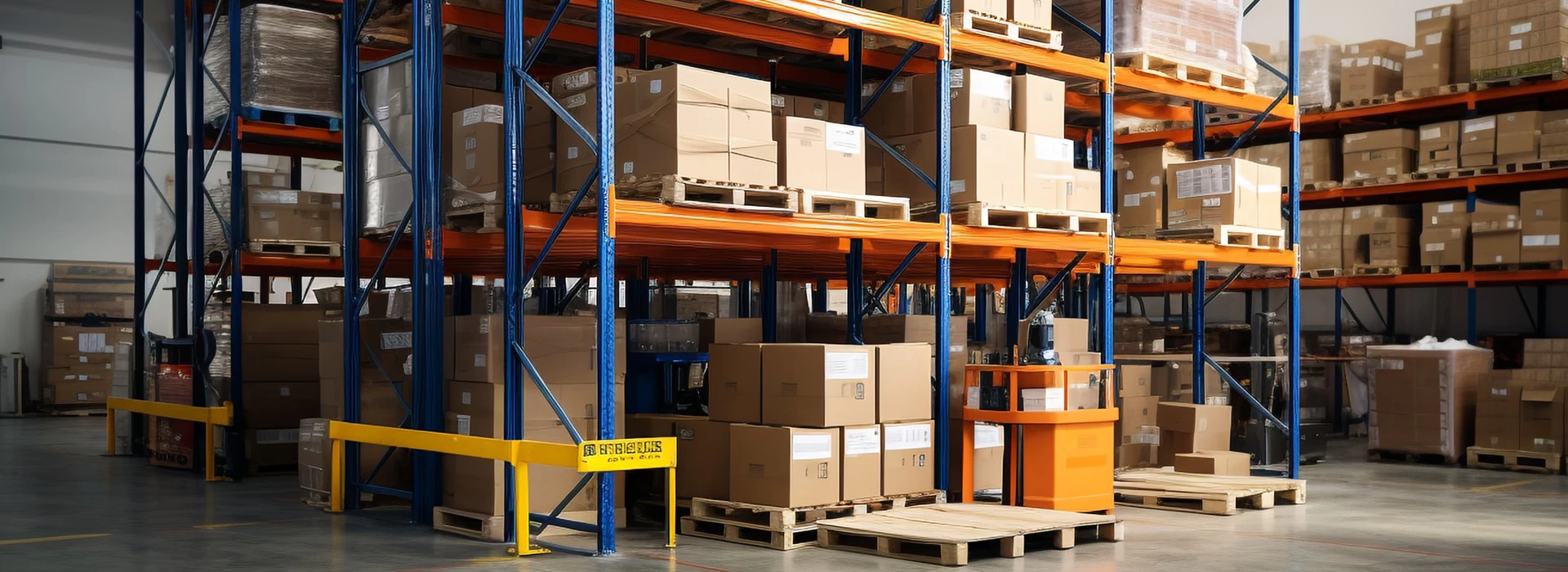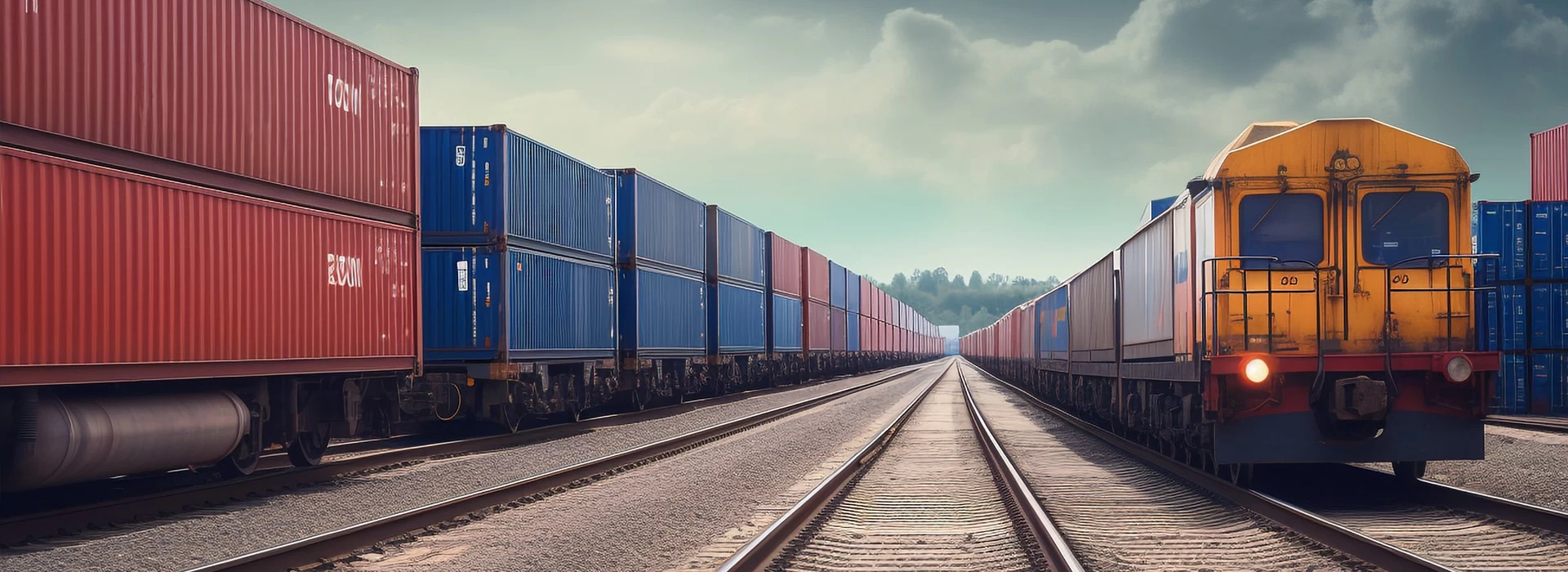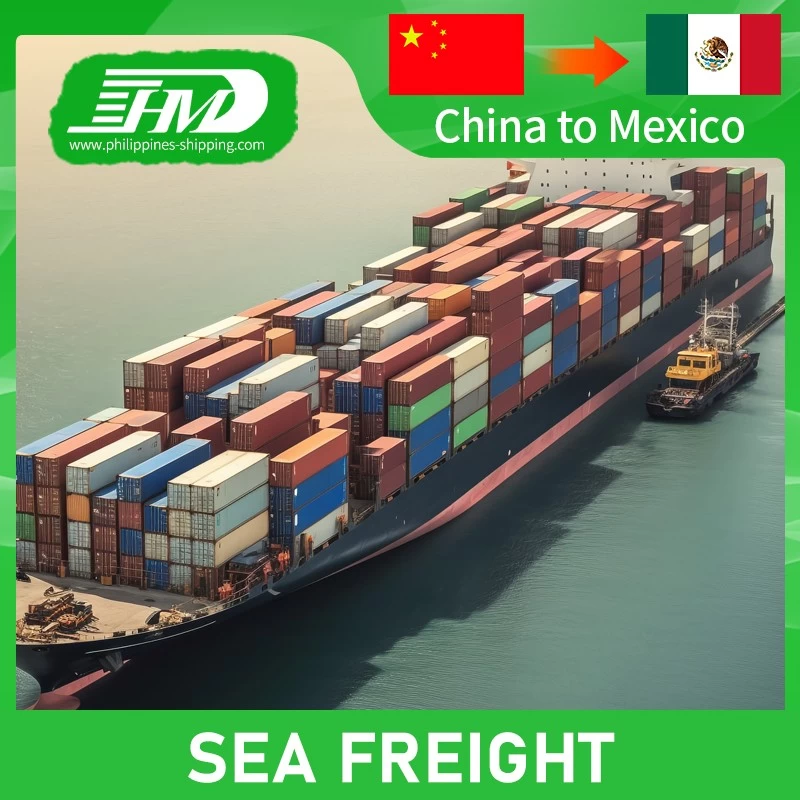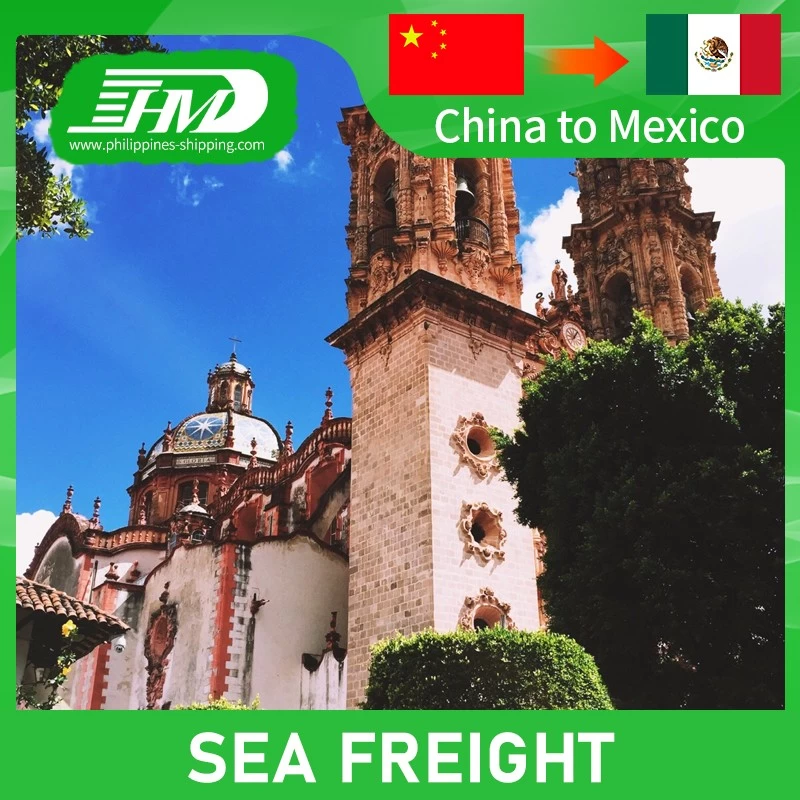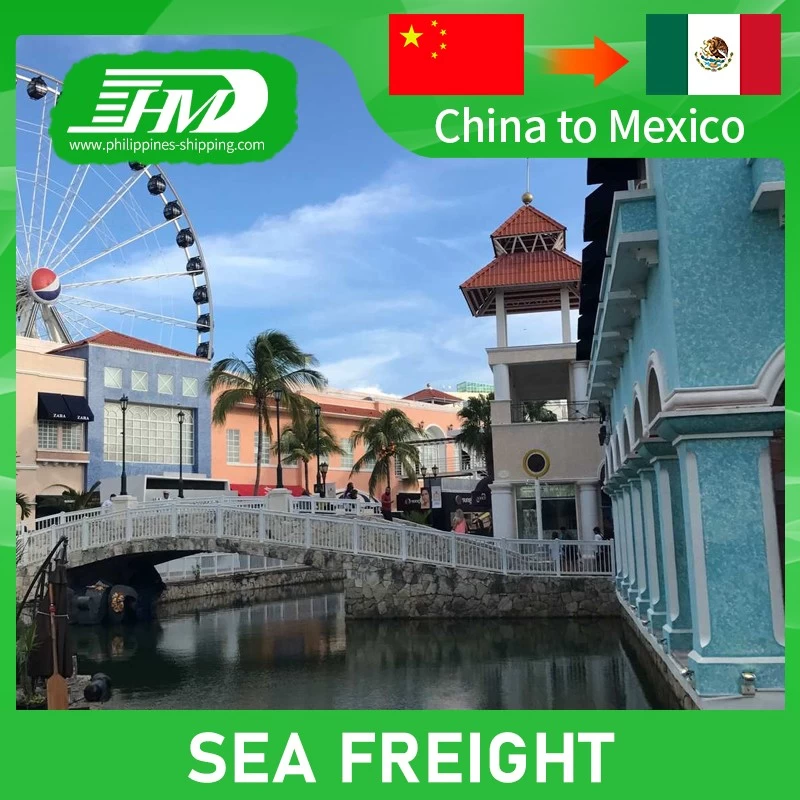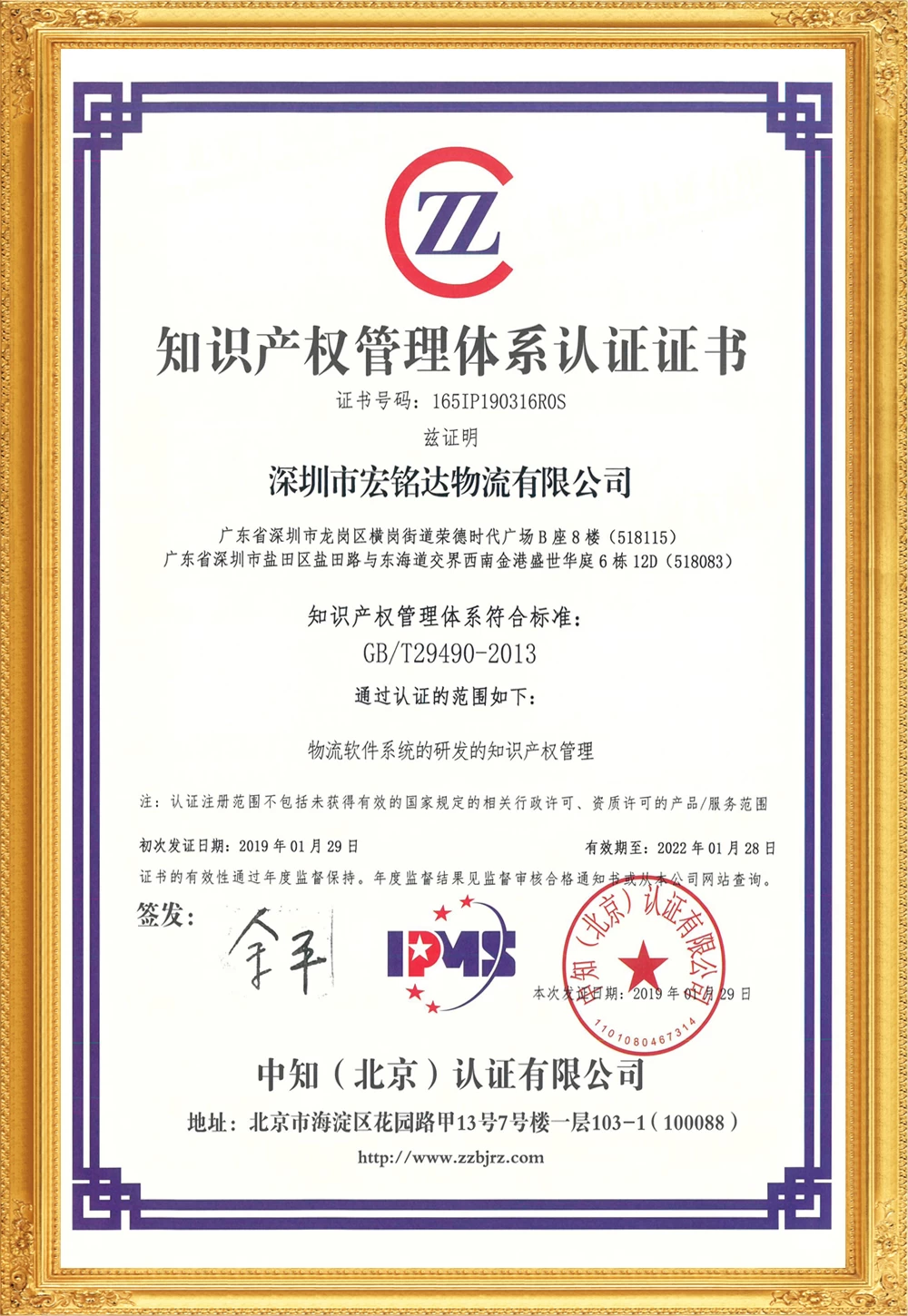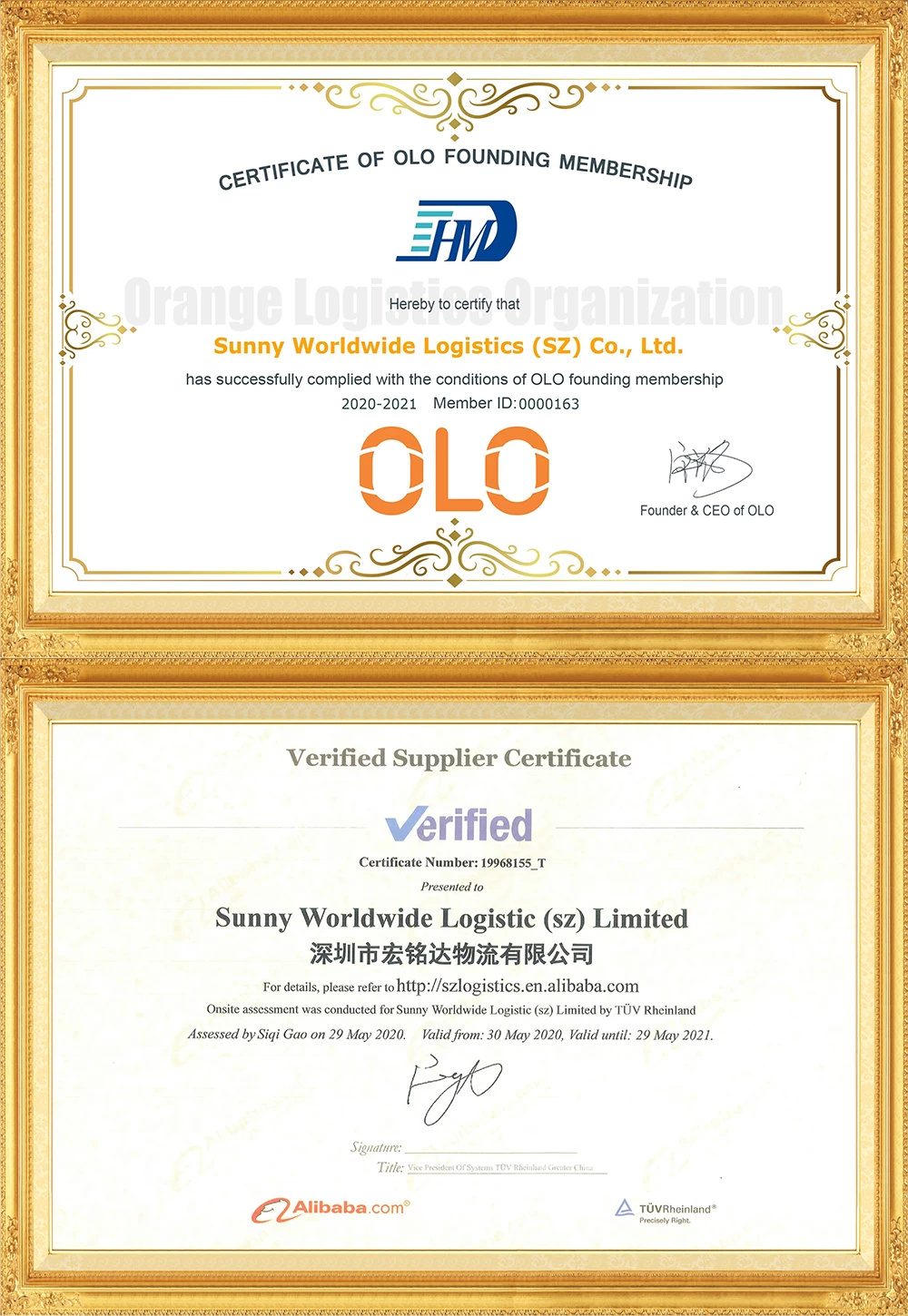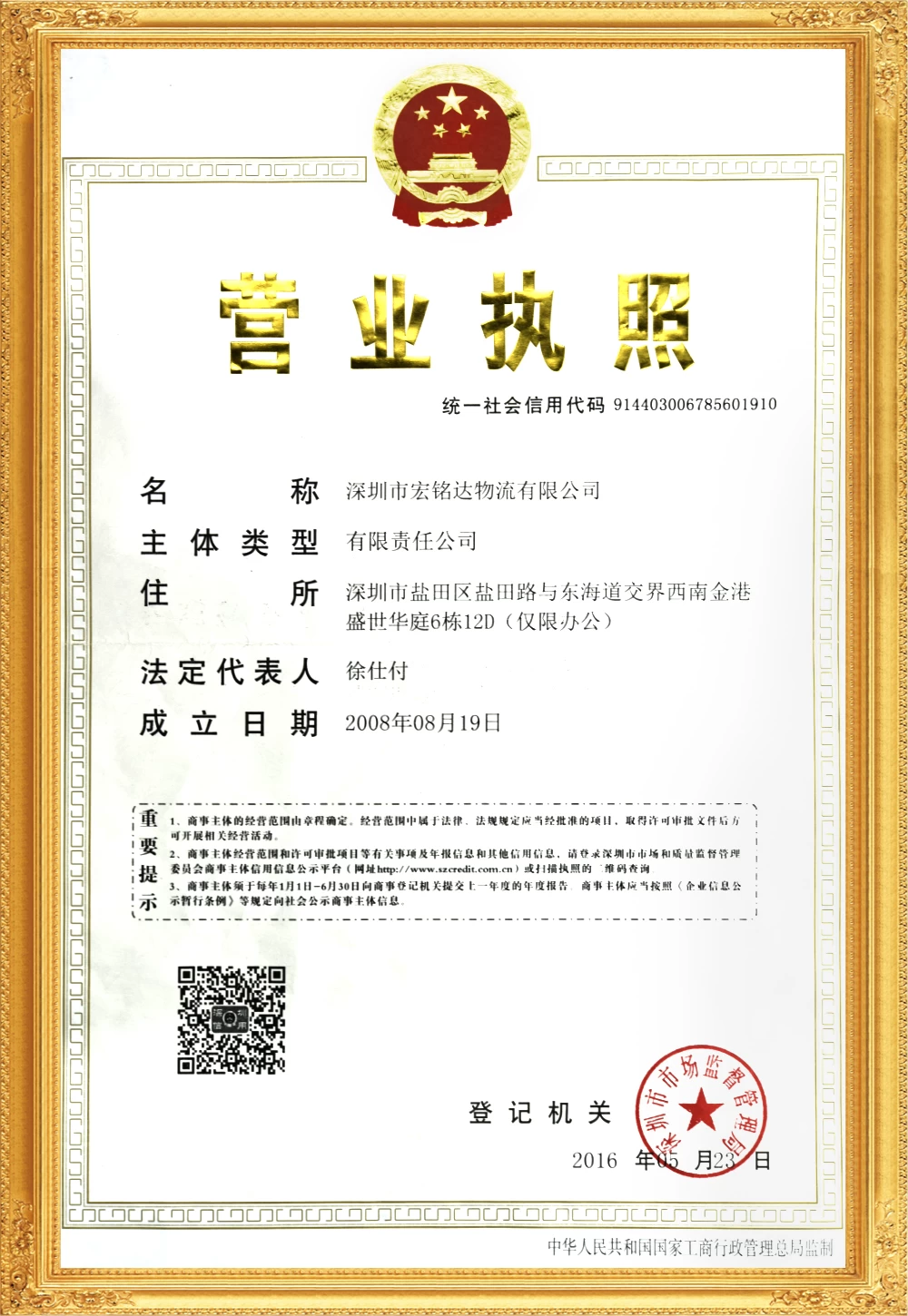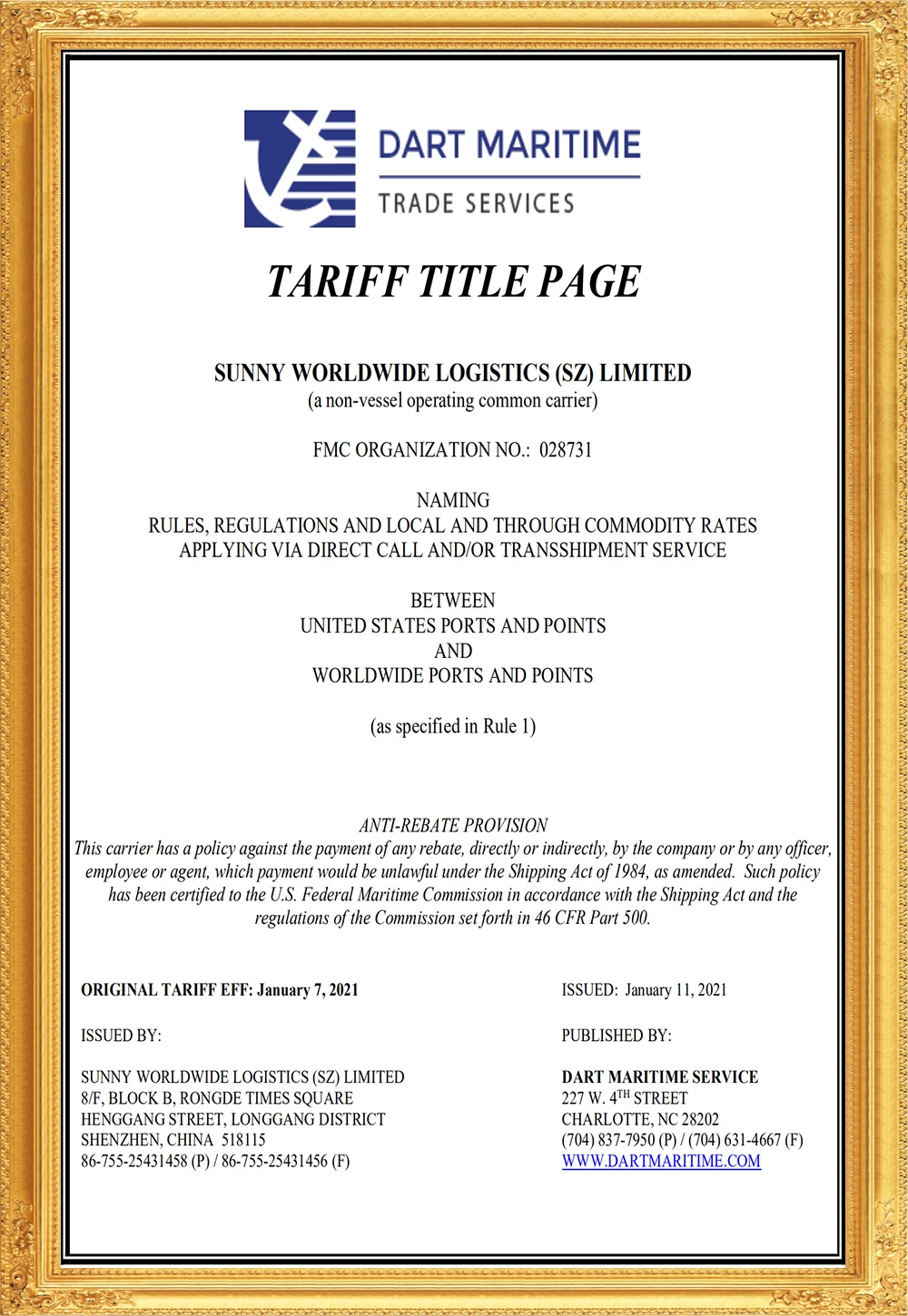Amazon becomes the largest express delivery company in the United States!

According to the Wall Street Journal, Amazon has become the largest express delivery company in the United States, with its package volume surpassing UPS and FedEx.
Amazon's latest internal data shows that the e-commerce giant has surpassed its competitors in annual delivery volume in the United States for the first time.
A total of 4.8 billion packages are expected to be shipped in the lead-up to Black Friday and Cyber Monday, forecast to reach approximately 5.9 billion packages by the end of 2023.
By comparison, UPS shipped about 3.4 billion packages in the United States in the first nine months of this year, and the total in 2023 is not expected to exceed last year's 5.3 billion.
FedEx's package volume in the United States is even smaller, and both include packages handed over to the U.S. Postal Service for final delivery.
The Seattle-based e-commerce giant will deliver more packages to U.S. households in 2022 than UPS, having already surpassed FedEx in 2020 and will further expand its lead this year, according to internal Amazon data and people familiar with the matter. .
The U.S. Postal Service remains the largest package service by volume, handling hundreds of millions of packages for the three companies.
Review of Amazon Logistics Development
Amazon has been quietly building a logistics empire over the past decade, operating its own fleet of freighters, contracting with local delivery companies and opening fulfillment centers across the United States.
Ten years ago, Amazon was an important customer of UPS and FedEx. Amazon's rise to become the largest delivery company was once viewed as absurd by logistics CEOs.
In 2016, former FedEx CEO Fred Smith dismissed the possibility of Amazon becoming a threat to the logistics giant, calling it a "fantasy." "For the foreseeable future, the primary shippers of e-commerce packages will be UPS, the U.S. Postal Service and FedEx," Smith said at the time.
At the time Smith made his comments, Amazon was lagging far behind UPS and FedEx in the express delivery market. But in the following years, the company bridged that gap by building one of the world's largest logistics networks.


